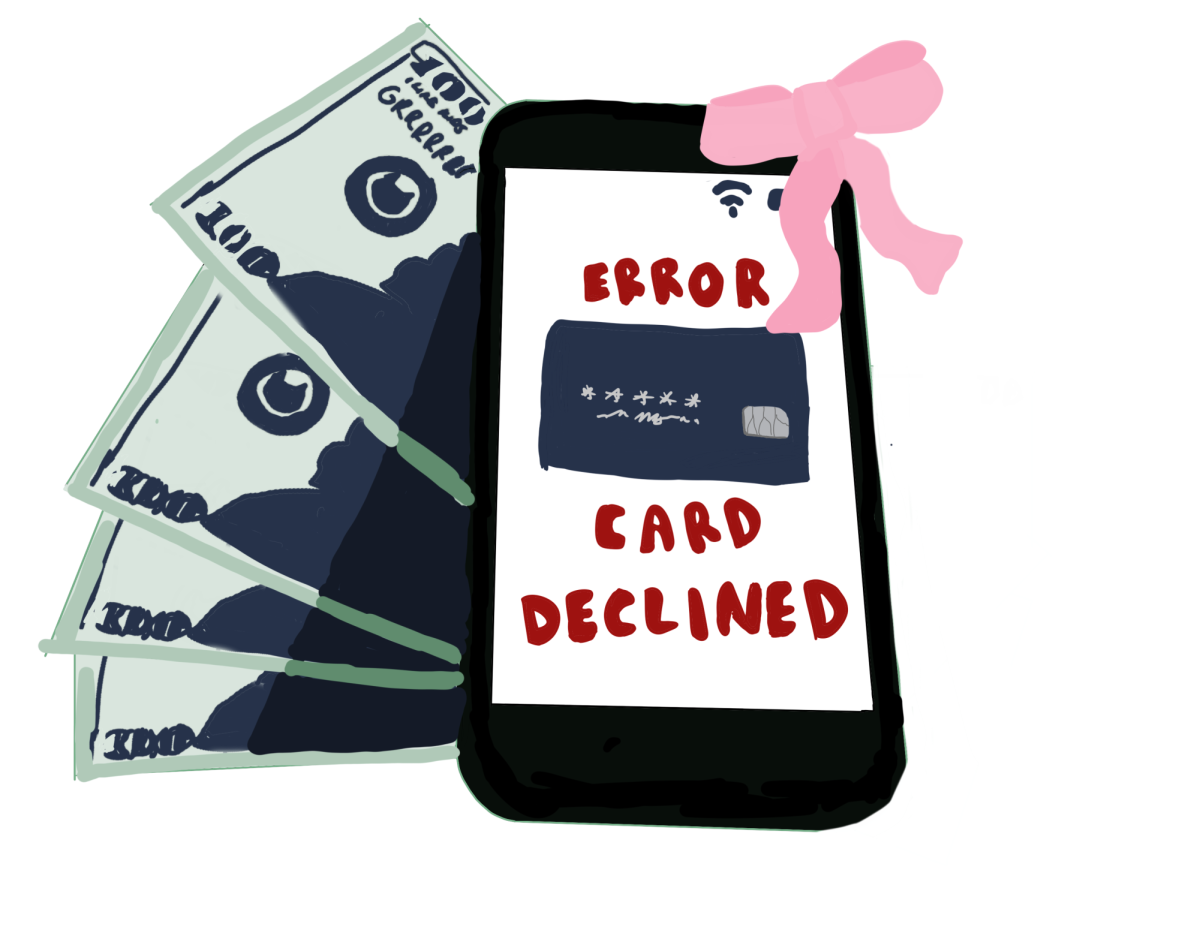Imagine a high school where the chime of digital transactions suddenly falls silent, replaced by the rustle of cash and the clink of coins. This scenario is now a reality at Troy High School, where a recent decision has banned digital payment methods within clubs. But why did they get banished to begin with?
During a recent interview with Troy High School’s Principal, Remo Roncone, he states that, “They were never officially authorized to begin with.” He continued, “There’s still some vulnerability with hackers and scammers that can get a hold of that information and take those funds away.” Since the banning of these payments are still very recent, the students here at Troy High School have been uninformed of it.
Sophomore Nash Howard explains that he didn’t even know the ban was happening and has a very strong opinion about the recent execution.
“It’s stupid. Not a lot of people carry cash anymore. It’s 2024.” Howard asks, “Troy High, what are we doing?” He then adds, “I mean what can students really do? They don’t really care about our voices.”
Meghan Riddock, a history teacher at Troy High School talks about the recent banishment that she was indeed aware of, “This young generation doesn’t carry cash, so many of them use Venmo or Cash App. We as an organization [Troy High School Student Government] prefer digital payment methods due to the fact that it creates a paper trail.”
Riddock continues, emphasizing the safety of digital transactions. “Every single transaction is recorded and there’s a legit copy of every transaction. So it makes us [Troy High Student Government] feel a little bit safer.” Riddock also says in her interview that she understands the ban from an accountant standpoint, however, she argues “it’s easier for kids to make payments.”
Regardless, Roncone sticks with his original statement: “Venmo or PayPal, Zelle, some of those other things don’t have all those safety mechanisms and security and double signing.” Roncone makes it very clear that security is the top reason these exchanges had to be taken seriously, even if the convenience of digital transactions may be more convenient for the younger generations to come.
He continues, “I imagine at some point that [the payments] will come back, but it’ll have some real strict procedural guidelines to go with it.” He explains further, “Until those are created this is the guidelines that we are given as a school, but not just as Troy High School, but as a district.”
Until the ban on digital transactions is revoked, students and staff at Troy High School must adjust to these changes. Roncone holds hope that one day digital transactions will once again be used in clubs in the Troy School District.



